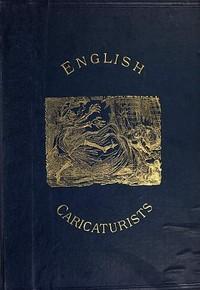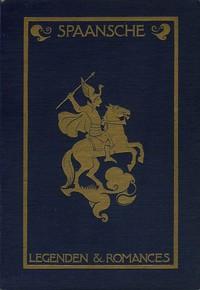Read this ebook for free! No credit card needed, absolutely nothing to pay.
Words: 149729 in 42 pages
This is an ebook sharing website. You can read the uploaded ebooks for free here. No credit cards needed, nothing to pay. If you want to own a digital copy of the ebook, or want to read offline with your favorite ebook-reader, then you can choose to buy and download the ebook.


: English Caricaturists and Graphic Humourists of the Nineteenth Century. How they Illustrated and Interpreted their Times. by Everitt Graham - Caricature Great Britain; Illustration of books Great Britain 19th century
The restoration of Malta to the Knights of St. John was of course a mere nominal restitution, for, except in name, the Knights of St. John had ceased to exist. The First Consul really wanted the island for himself; and while he accused us of breach of faith, was himself acting all the while contrary to the spirit of the treaty of Amiens. While requiring that we should drive the royalist emigrants from our shores, he demanded that the English press should be deprived of its liberty of speaking in such frank terms of himself and his policy. His unfriendly conduct did not end here. At this very time he was actively employed in fomenting rebellion in Ireland, and in planting spies along our coast, whose treacherous objects were accidentally discovered by the seizure of the secret instructions issued to one of these fellows at Dublin. "You are required," said this precious document, "to furnish a plan of the ports of your district, with a specification of the soundings for mooring vessels. If no plan of the ports can be procured, you are to point out with what wind vessels can come in and go out, and what is the greatest draught of water with which vessels can enter the river deeply laden."
Still there was no actual breach of the nominal peace between the two countries until the 12th of May, on which day Lord Whitworth left Paris. He landed at Dover on the 20th, meeting there General Audreossi, Napoleon's minister to the English Court, on the point of embarking for France.
ENGLAND DECLARES WAR.
For two days before, that is to say on the 18th of May, 1803, England had issued her declaration of war against France. In this document, our government alleged that the surrender of Malta to the knights of St. John of Jerusalem had been rendered impossible by the action of France and Spain, who had destroyed the independence of the Order itself. Reference was made to Bonaparte's attempts to interfere with the liberty of the English press, and the indignities he had offered to our ambassador; but the real ground of quarrel was to be found in an official gasconade of Bonaparte's, in which he declared that "Britain could not contend single handed against France," a vainglorious boast, which touched a chord which thrilled the patriotic feelings of every Englishman that loved his country.
ENGLISH ENTHUSIASM.
The following year saw the final end of the great French Revolution; the names of the puppet "second" and "third" consuls had been long omitted from the public acts of the French Government. The motives of this omission were soon abundantly apparent; and in the month of May, 1804, Bonaparte was proclaimed Emperor of the French.
Some writers have doubted whether Napoleon entertained any serious intention of invading this country; but to doubt such intention would be really to doubt whether Nelson fell at Trafalgar, for that crushing defeat was simply the sequel and outcome of the collapse of the emperor's plans. The details of the invasion scheme were fully explained to General Sir Neil Campbell by Napoleon himself at Elba, in 1814, and afterwards confirmed by him in precisely similar terms to O'Meara at St. Helena. Those plans were defeated by the suspicions and vigilance of Lord Nelson; by his habit of acting promptly upon his suspicions; by the alacrity with which the Admiralty of the day obeyed his warnings; by the prescience of Lord Collingwood; and by the consequent intercepting of the combined French and Spanish fleets off Ferrol by Sir Robert Calder, in July, 1806. The moment this happened, Napoleon saw that his game--so far at least as England was concerned--was at an end; and fertile in resources, he immediately carried out the second part of his programme. Then followed, as we know, the campaign of Austerlitz, the treaty of Presburg, the war with Prussia, and finally the battle of Jena, in October, 1806.
BERLIN DECREE.
BASE POLICY OF BONAPARTE.
BATTLE OF BAYLEN.
BATTLE OF BAROSSA.
NAPOLEON'S STAR BEGINS TO WANE.
Free books android app tbrJar TBR JAR Read Free books online gutenberg
More posts by @FreeBooks

: Stories by American Authors Volume 9 by Various - United States Social life and customs Fiction; Short stories American








